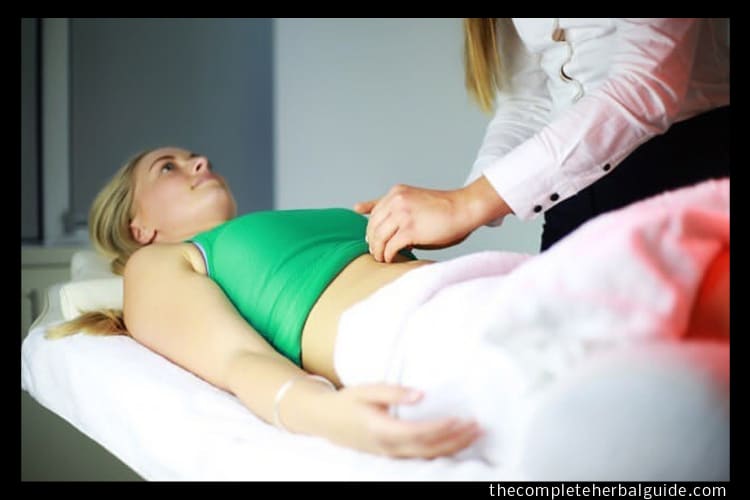
Reasons to Seek Acupuncture – Treatment and Prevention
Understanding Acupuncture
Acupuncture is an ancient medical practice originating in China that encourages the body to heal itself by inserting needles and applying heat or electrical stimulation to specific acupuncture points. The technique is based on the Chinese belief that energy channels called meridians run through the body and its surface. The meridians nourish the body, but if there is an obstruction in their movement, ill health can occur. To help unblock the flow of energy, specific acupuncture points are needled depending on the ailment affecting the patient.
In modern scientific terms, the needling is thought to stimulate the central nervous system to release chemicals. These chemicals can change our experience of pain or trigger other hormones that allow the body to internally regulate itself. By stimulating specific points in the body, acupuncture seeks to relieve pain, treat conditions or even prevent future ailments.
Medical acupuncture, therefore, tends to be used for the promotion of well-being, prevention of illness and treatment of health problems. Acupuncture’s various applications make it a suitable treatment option for people dealing with a range of health issues, as part of their holistic health or healing strategy.
Treatment
Acupuncture is used to treat a variety of medical concerns. Because the energy within our body is interconnected, stimulation to specific acupuncture points can help with a wide variety of health issues, depending on the expertise of your acupuncturist.
Some of the most common issues that people seek acupuncture treatment for include arthritis, back, neck, knee and shoulder pain, carpal tunnel syndrome and sciatica. Apart from physical pain, acupuncture can also be used to treat or alleviate depression, anxiety, stress, hay fever and digestive issues, to name just a few.
Those who are doubtful of acupuncture’s efficacy can find numerous studies that strongly support acupuncture as a treatment method for a range of conditions.
Acupuncture has been proven to be a successful treatment option for headaches and migraines. In 2009, the Centre for Complementary Medicine at the University of Munich determined that acupuncture could be a “valuable non-pharmacological tool for patients with frequent chronic tension-type headaches.” What’s more, the people who received acupuncture treatment during the study continued to see a decrease in their number of headache-affected days and the intensity of their pain even after completing their treatment.
Acupuncture has also shown to assist with improving chronic pain, especially of the back, neck, knee or arthritis. The University Medical Centre of Berlin found that for patients who suffered from chronic lower back pain, acupuncture resulted in significantly reduced pain. Additionally, a study done by the Memorial Sloan-Kettering Department of Epidemiology and Biostatistics concluded that acupuncture for the treatment of chronic pain was “more than just a placebo effect”, therefore being “a reasonable referral option for doctors.”
With headaches, migraines and chronic pain being some of the most common issues that people suffer from, it is well-worth knowing that acupuncture can be a natural, pain-free way of treating issues that you may otherwise take painkillers for or even consider surgery.
Prevention
Of course, we all know that prevention is far better than seeking a cure when you are already afflicted by an illness. For this reason, many people visit an acupuncturist 2-4 times a year to ensure their overall wellness and vitality, as a sort of regular “tune up”.
One way that acupuncture has been proven to assist with long-term wellbeing is by preventing cognitive decline. Recent studies have demonstrated that acupuncture can relieve age-related cognitive decline symptoms by triggering a neural response in parts of the brain that are affected by Parkinson’s disease. In 2002, the Department of Neurology at the University of Maryland School of Medicine found that 85% of Parkinson’s patients reported improvement in a range of individual symptoms, including tremors, walking, slowness, pain, sleep, handwriting, depression, and anxiety.
Can acupuncture help you?
The above findings all demonstrate that acupuncture can be an effective treatment for people dealing with a range of conditions, from back pain to migraines. Additionally, research also shows that acupuncture can potentially assist with the prevention of conditions like Parkinson’s, as well as boosting overall well-being and health.
If you are unsure whether acupuncture is right for you, speak to a registered acupuncturist that has experience providing relief and assistance for a range of conditions to see if they may be able to help you.






